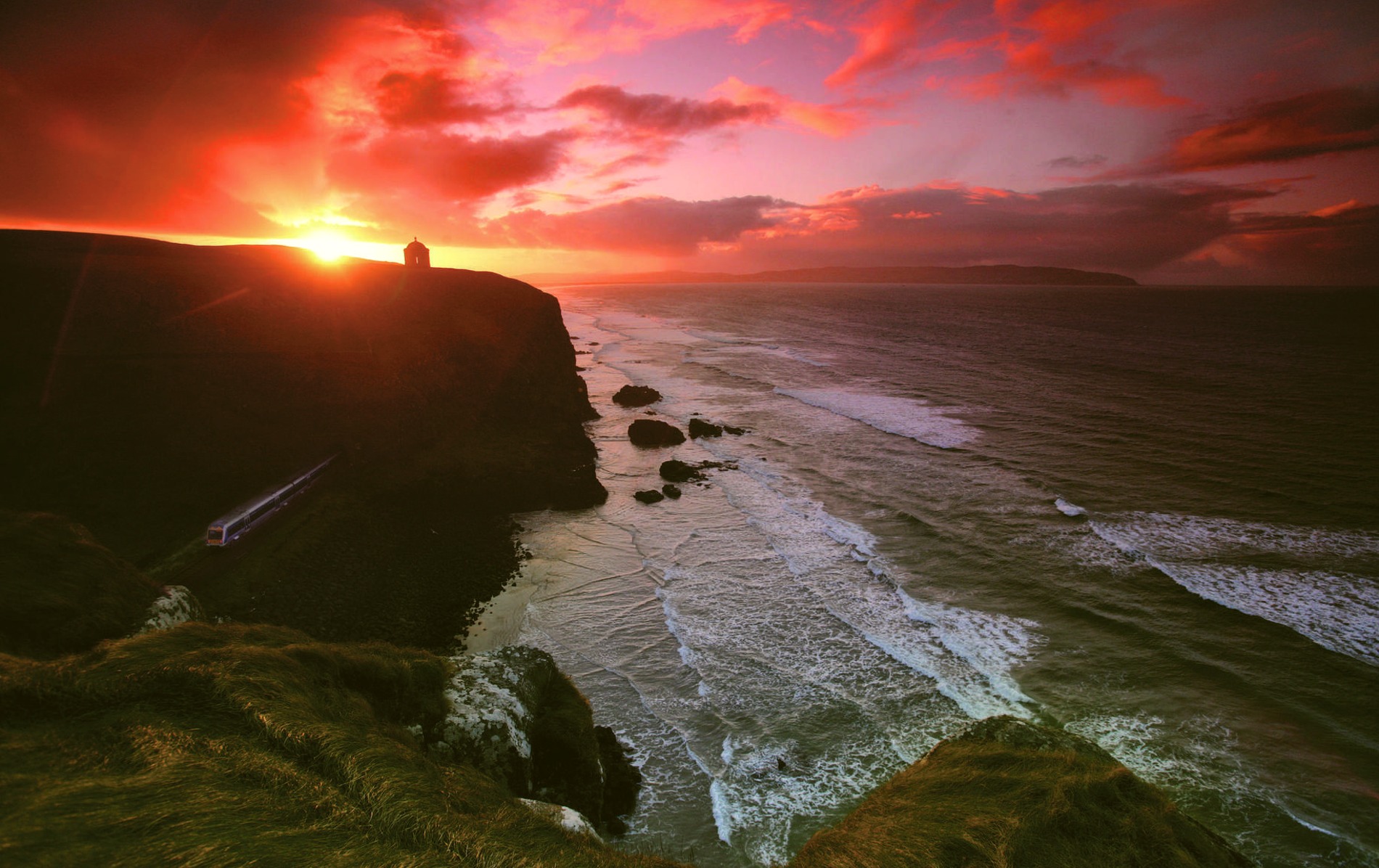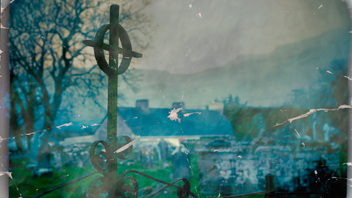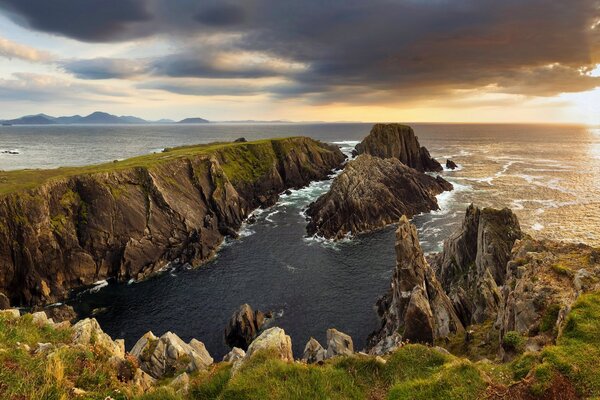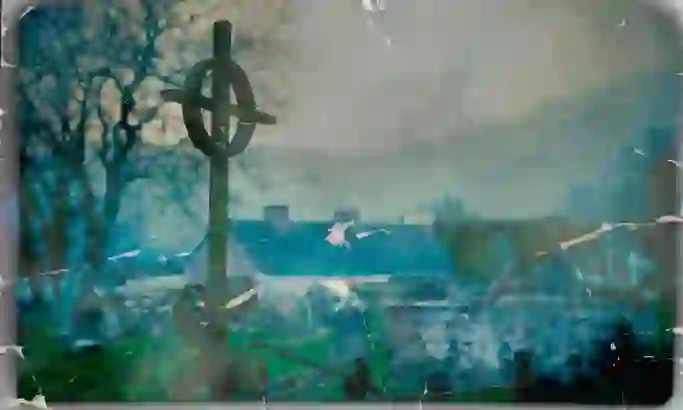
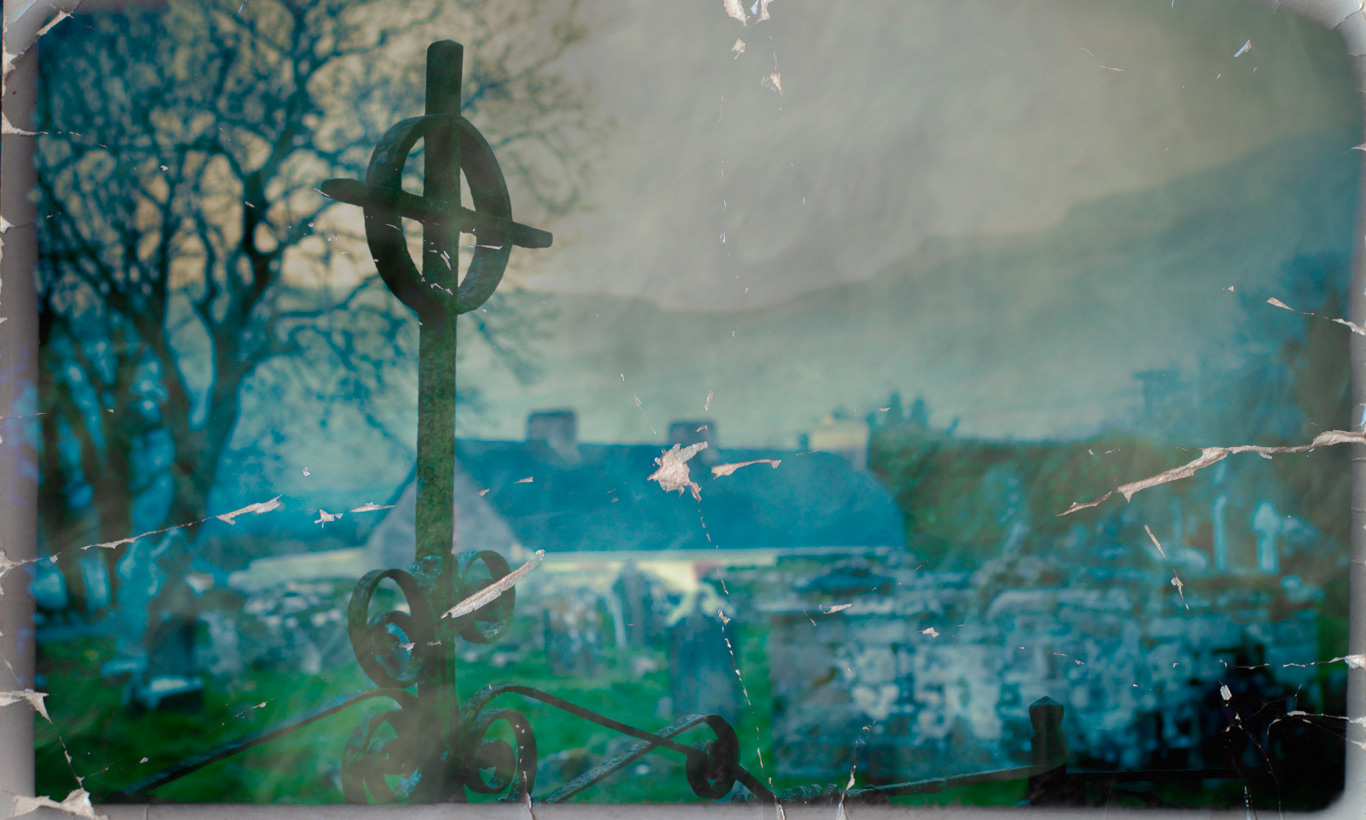
Los nueve lugares más fantasmales de Irlanda

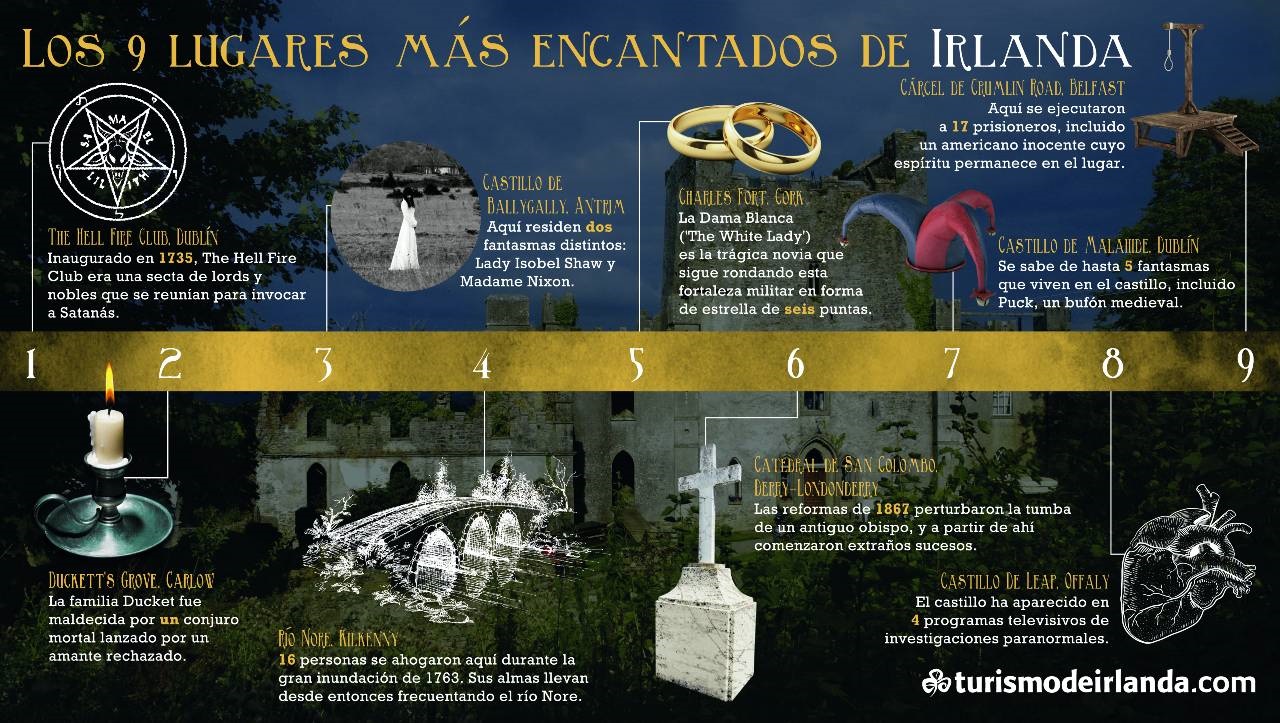
1. El Hell Fire Club
El Hell Fire Club es una antigua cabaña de caza en las montañas de Dublín que en su momento fue incendiada y abandonada. Hoy en día aún perdura el olor a azufre. Una secta integrada por lords y aristócratas (el Hell Fire Club) solía realizar actos inmorales y oficiar misas negras invocando a Satanás en esta cabaña construida en 1725 sobre una tumba neolítica. Se dice que los visitantes perciben una atmósfera opresiva y son testigos de manifestaciones demoníacas.
2. Maldiciones mortales
Al contemplar las ruinas erosionadas de Duckett’s Grove, resulta fácil imaginar la época dorada de esta mansión con sus fiestas repletas de esplendor gótico. Si te fijas bien, puede que percibas algo sobrenatural… Según cuenta la leyenda, la amante despechada de William Duckett lanzó una maldición a la familia e invocó a una “banshee” cuyos espantosos llantos predijeron la muerte repentina de uno de sus miembros. Se dice que en la propiedad resuenan voces de sirvientes y cascos al galope, e incluso existen historias en las que el propio William conduce un fantasmal coche de caballos…
3. Lady Isobel y los niños fantasma
Al ver el castillo de Ballygally, un precioso edificio señorial en la costa de Antrim, nunca pensarías que se trata de uno de los lugares más encantados de Irlanda. Todo comenzó cuando un antiguo propietario encerró a su esposa, Lady Isobel, en una torre porque no conseguía darle un heredero varón. Isobel prefirió acabar con su vida tirándose al vacío antes que morir de hambre. Hoy en día el castillo es un hotel en el que los huéspedes han visto al fantasma de Isobel y de unos niños vagando por los pasillos.

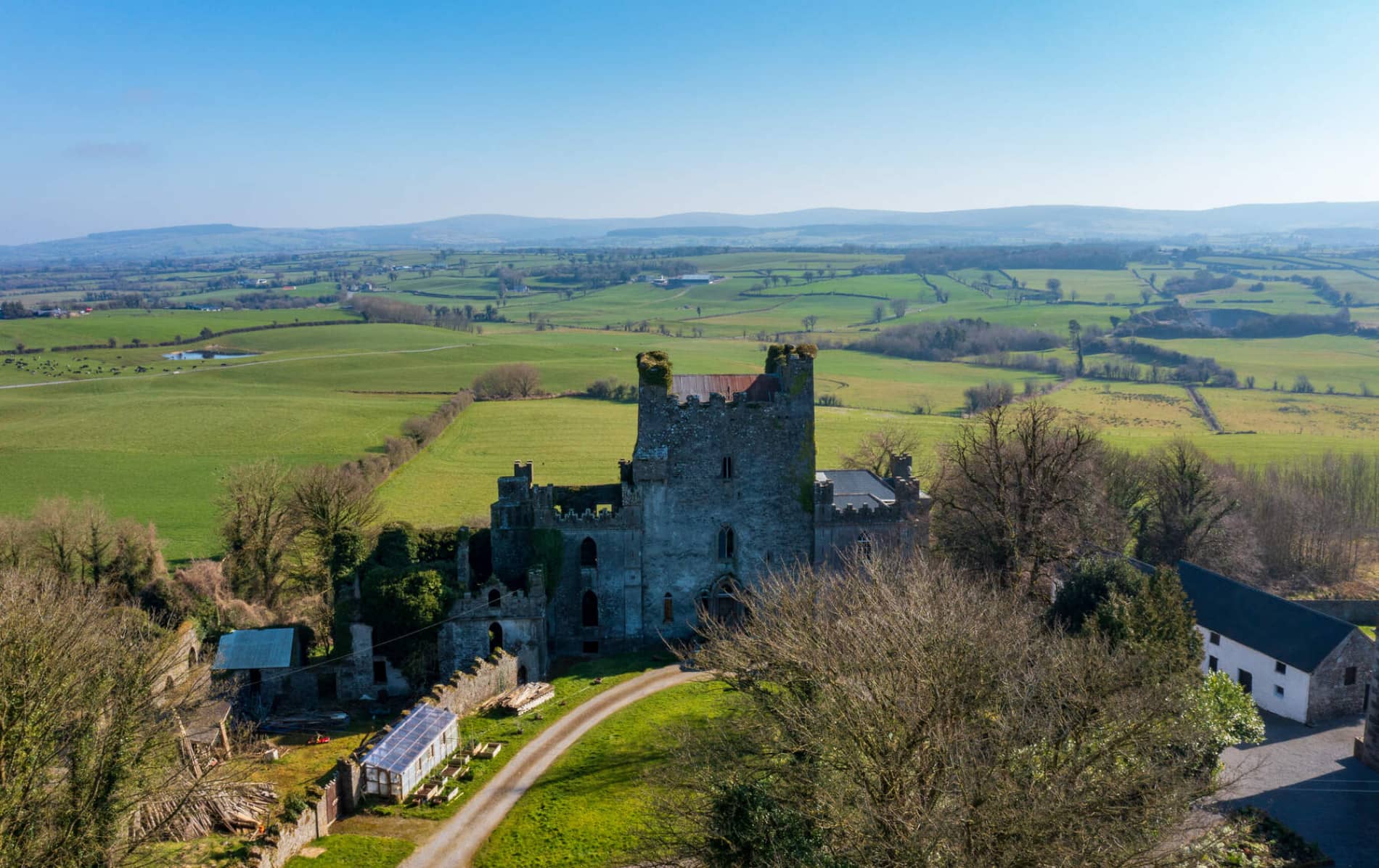
Castillo de Leap, Condado de Offaly
4. Río fantasma
En Kilkenny se celebró el primer juicio de brujas en Irlanda, por lo que están acostumbrados a lo sobrenatural. El puente John's Bridge se derrumbó cuando una muchedumbre lo cruzaba durante una gran inundación en 1763 y 16 personas se ahogaron en el río Nore. Desde entonces, lugareños y visitantes dicen haber visto figuras fantasmales inquietantes en el río, agarrándose a las orillas, reclinados sobre la estructura actual y subiendo del agua entre la bruma matinal.
5. La dama blanca
En Charles Fort, un impresionante cuartel en forma de estrella en Cork, se ha derramado mucha sangre. Pero a pesar de las batallas, los asedios y las rebeliones que han vivido sus murallas, la historia de la dama blanca es la que realmente hiela la sangre. La hija del comandante del cuartel estaba a punto de casarse con un oficial, pero se arrojó al océano cuando su padre disparó a su prometido. Su alma perdida sigue vagando por el cuartel aún vestida de novia.
6. La tumba del obispo Higgins
No molestes a los muertos, a no ser que quieras que te persigan. Eso sucedió en la catedral de San Colombo cuando los trabajos de restauración efectuados en 1867 perturbaron la tumba del antiguo obispo William Higgins. Cuando fue trasladada al interior de la catedral, comenzaron los acontecimientos extraños. Los trabajadores comenzaron a escuchar pasos en la galería cerrada con llave, se observaron apariciones en las fotografías y el órgano sonaba sin que hubiera un alma cerca.

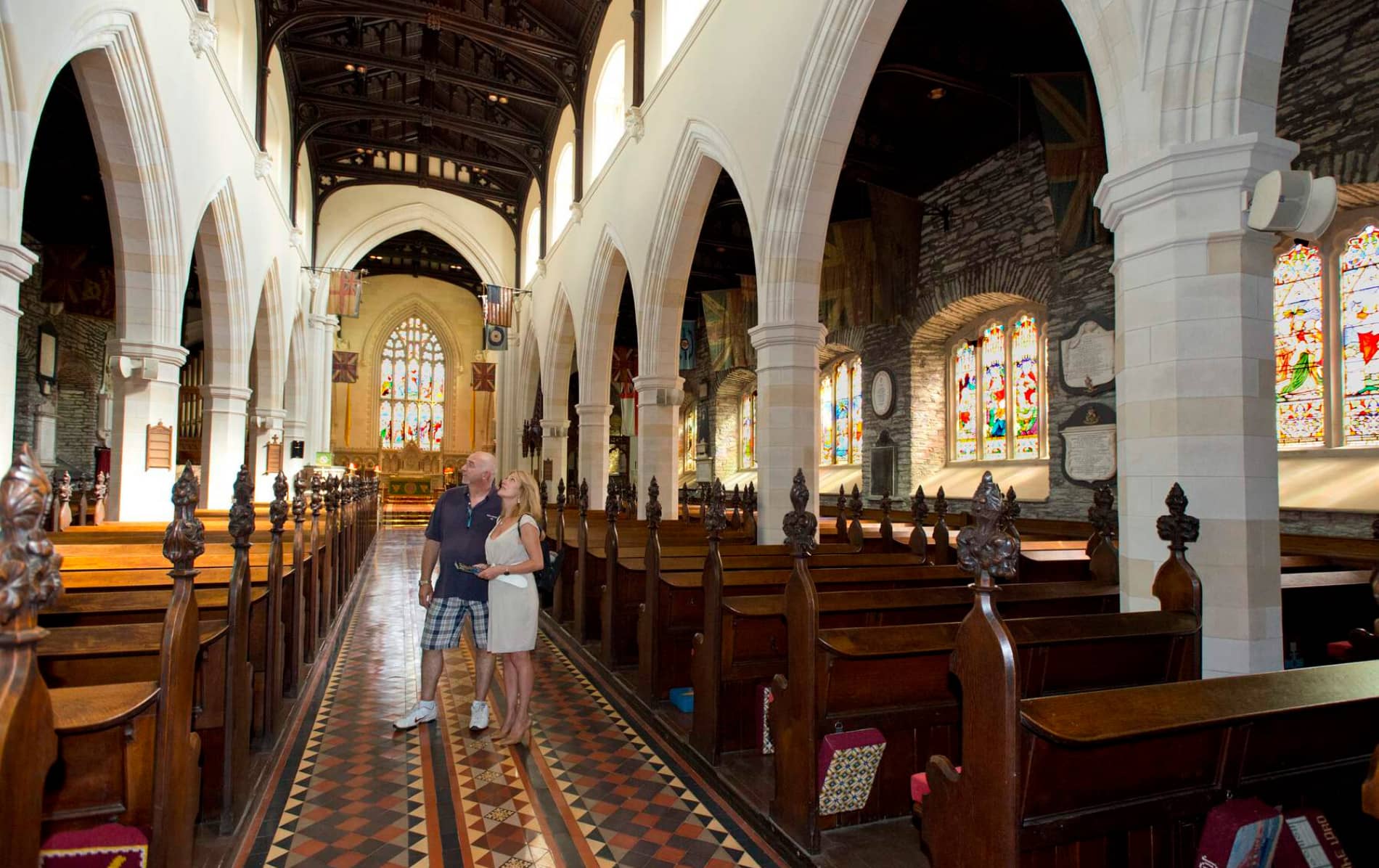
Catedral de San Colombo, Condado de Derry~Londonderry
7. La maldición del bufón
¿Sabes qué es lo único más trágico que un payaso triste? Un bufón asesinado. Para ver el espíritu de un bufón deambulando, solo tienes que visitar el castillo de Malahide, una fortaleza medieval en la costa de Dublín. El bufón se llamaba Puck y según cuenta la leyenda se enamoró de una de las prisioneras de Malahide, Lady Elenora Fitzgerald. Cuando la relación salió a la luz, Puck fue apuñalado en el corazón, pero con su último aliento juró seguir apareciendo en el castillo.
8. La capilla sangrienta
Tras los muros medievales del castillo de Leap se esconden historias de asesinatos y traiciones. Una de ellas se remonta a 1532, cuando dos hermanos ambiciosos se disputaban la casa solariega familiar. Uno de ellos era cura y el otro le clavó una espada en el corazón mientras oficiaba misa en la capilla del castillo, que hoy en día se conoce como la “Capilla sangrienta”. Y también están los esqueletos que se descubrieron clavados en una pica secreta, pero esa es otra historia…
9. La horca del verdugo
La cárcel de Crumlin Road es una prisión histórica de la época victoriana que en su día albergó a algunos de los personajes más infames de Belfast. También es uno de los lugares más encantados de Irlanda del Norte. Aquí, las almas torturadas de presos muertos caminan por las pasarelas de hierro forjado y se lamentan por las noches. Uno de ellos fue un americano ejecutado por un crimen que no cometió y otro un adolescente que se quitó la vida para esquivar la horca del verdugo.





